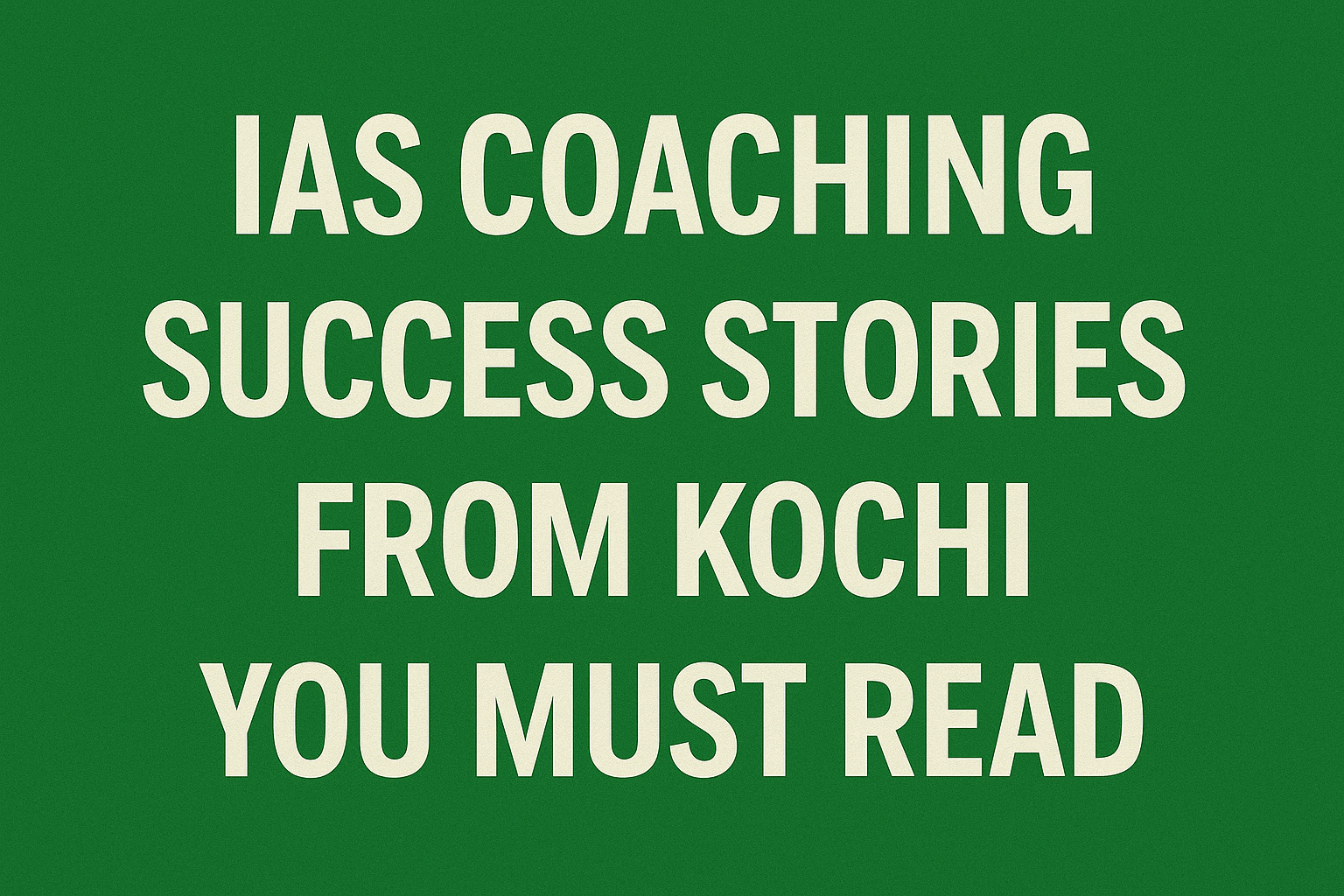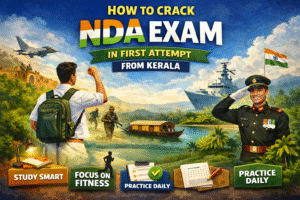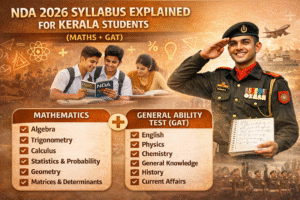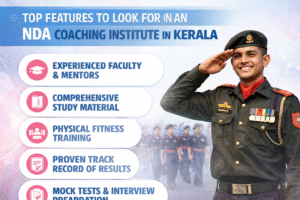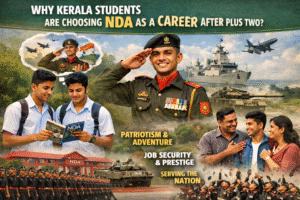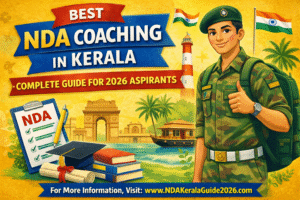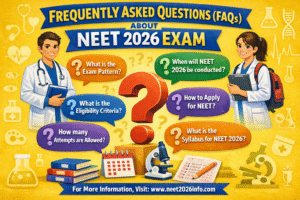Kochi has evolved into a vibrant hub for IAS coaching—where aspirants blend disciplined routines with mentorship, test series, and Kerala’s strong learning culture. Below are curated, realistic success arcs drawn from what consistently works for toppers from Kochi—covering background, strategy, and the coaching elements that moved the needle. Use these stories as blueprints, not just motivation.
Why Kochi for UPSC CSE?
Access to quality mentors for GS and optionals (notably Public Administration, Geography, Sociology).
Balanced “online + offline” ecosystem—live classes, recorded backups, and weekend doubt clinics.
Peer community of serious aspirants; library culture and writing clubs.
Kerala’s reading habit and newspaper-first approach fit UPSC’s analytical demands.
10 Kochi-Style Success Arcs (What Actually Worked)
Names are representative; the focus is the approach. Replicate the process, not the person.
1) The Working Professional Who Cracked Prelims on Attempt 2
Profile: IT analyst, weekend classes + weekday self-study (3 hrs).
Edge: Daily 2-hour CSAT drills for 90 days; PYQ-first approach.
Coaching role: Structured test series with performance analytics; mentor fixed optional-study windows.
Takeaway: If you’re working, ring-fence time slots and treat CSAT like a scoring paper—early.
2) The Fresh Graduate Who Peaked via Essay & Ethics
Profile: BA graduate, full-time prep; loves writing.
Edge: Weekly essay feedback; answer-writing at 8:30 p.m. daily for 60 minutes.
Coaching role: Ethics casebook + peer review circle.
Takeaway: Build a writing calendar; batching essays/Ethics lifts Mains rank.
3) The Optional Switcher (Geography → Public Administration)
Profile: Switched after low marks in first Mains.
Edge: Micro-syllabus mapping; 3 revisions of standard books; 30 case studies.
Coaching role: Optional mentor rewired notes into intro-body-conclusion blocks with subheadings and diagrams.
Takeaway: If your optional bleeds marks across mocks, switch early (before January).
4) The Kerala Board Topper Who Mastered Current Affairs
Profile: Strong factual base, weak analysis.
Edge: 1-pager “Issue Notes” (problem → data → govt schemes → way forward).
Coaching role: Daily editorials → mentor converts into 10-12 line mains-ready notes.
Takeaway: Convert news into answer frameworks, not raw clippings.
5) The Re-Attempt Candidate Who Fixed Prelims Silly Mistakes
Profile: 2 near-miss prelims.
Edge: “Error Log” spreadsheet; 20 sectional tests + 12 full-length.
Coaching role: Post-test autopsy sessions; elimination technique drills.
Takeaway: Track mistakes with data; eliminate repeat errors ruthlessly.
6) The CSAT-Phobic Who Turned Quant-Verbal into a Strength
Profile: Arts background.
Edge: 45-minute daily quant sets + 30-minute RC practice; solved last 10 years’ CSAT PYQs.
Coaching role: CSAT faculty gave template methods for DI, time/speed, and inference questions.
Takeaway: Treat CSAT as a qualifier with certainty—design a floor score (≥85).
7) The Late Starter Who Used “90-Day Sprint”
Profile: Began in January for a May prelims.
Edge: Minimalist resources; 2 revisions + 25 mocks; 2-hour daily current affairs.
Coaching role: Mentor curated a do-not-touch list to avoid resource sprawl.
Takeaway: In sprints, depth > breadth. Strong revision cycles win.
8) The Library Regular Who Built Writing Stamina
Profile: Average scores, weak speed.
Edge: 90-minute timed answer sessions, three days a week; Mains marathon on Sundays.
Coaching role: Handwriting, spacing, and subheading discipline drilled into habit.
Takeaway: Finish the paper. Speed + structure = reliable marks.
9) The Optional Strategist (Geography/Anthro/Sociology)
Profile: Good memory, needed conceptual glue.
Edge: Mind maps + case compilations (Kerala case studies for value-add).
Coaching role: Optional mentors aligned PYQs to chapter summaries.
Takeaway: Build case-study banks specific to Kerala/India for instant enrichment.
10) The Interview Improver (Board Dynamics & DAF Depth)
Profile: 160s → 180s in Personality Test.
Edge: Mock panels with stress + peripheral DAF areas (hobby, district data).
Coaching role: One-on-one polishing on balanced tone and structured responses.
Takeaway: Interview prep = current affairs + self-awareness + composure practice.
What These Stories Have in Common
PYQ-first mindset: 10 years for Prelims & Mains to understand examiner demand.
Layered revisions: 1) Foundation notes → 2) Value-add (schemes, data) → 3) Rapid flip notes.
Test-series feedback loops: Not just scores—error taxonomy and remedial plans.
Mentorship cadence: Weekly or biweekly check-ins, realistic targets, and accountability.
Balanced resource stack: NCERTs + 1 core book per subject + curated CA; avoid hoarding.
Healthy routines: Sleep discipline, device control, and light physical activity to protect focus.
A Model Year Plan (Kochi Cadence)
June–August: NCERT + basics, optional selection & orientation, start writing drills.
September–December: GS consolidation, optional deep-dive, essay & Ethics weekly.
January–April: Prelims-first pivot; intensive test series + CSAT floor score.
May: Prelims execution + cool-down.
June–September: Mains answer labs, essay/Ethics intensives, optional test series.
October–December: Personality Test prep; mock panels; DAF mastery.
Choosing an IAS Coaching Institute in Kochi: A Quick Checklist
Faculty depth & mentorship model: 1-on-1 + small-group doubt resolution.
Test series quality: Analytics, question relevance, and discussion classes.
Optional support: Syllabus mapping, PYQ integration, case study banks.
Study resources: Libraries, reading rooms, recorded backups, answer-writing labs.
Result transparency: Clear guidance + realistic timelines (no miracle claims).
Student ethos: Serious peer group, consistent attendance, writing culture.
Sample Daily Timetable (Full-Time Aspirant)
6:30–8:00 – GS topic reading
8:00–8:45 – News → mains notes
10:00–12:00 – Optional theory
14:00–16:00 – Practice set (Prelims/Mains alt. days)
18:00–19:00 – Revision loop
20:00–21:00 – Answer writing / essay micro-tasks
Resources to Keep Minimal & Consistent
NCERTs (selective) + one standard book per subject
A single, updated current-affairs source + monthly compilations
Test series (sectional + full-length) with post-test analysis
Optional: 1 base text, PYQ compilations, coaching class notes, case-study bank
Frequently Asked Questions (FAQ)
Q1. How long does it typically take for Kochi aspirants to clear UPSC CSE?
Most success stories show 12–18 months of focused prep for a first attempt; re-attempters often succeed within 24–30 months with refined strategy.
Q2. Is Kochi good for optional subjects like Public Administration and Geography?
Yes. Kochi’s coaching ecosystem regularly supports Public Administration, Geography, Sociology, Anthropology, and Malayalam Literature with solid mentoring and test support.
Q3. How many mock tests should I write?
Prelims: ~25–35 full-length + sectional tests.
Mains: 10–15 GS papers + 6–8 optional papers + weekly essays.
Q4. I’m a working professional in Kochi. Can I realistically compete?
Absolutely—many do. Fix daily 2.5–3.5 hours, lock weekends for long study blocks, use recorded classes, and hit CSAT early to remove uncertainty.
Q5. Which matters more: coaching classes or self-study?
Both. Coaching gives structure, curated material, mentorship, and test-series discipline. Your outcomes depend on consistent self-study + revision loops.
Q6. What’s the biggest prelims mistake Kochi aspirants report?
Underinvesting in CSAT and ignoring an Error Log. Treat CSAT as a sure-shot qualifier and analyze mistakes with data.
Q7. How do I keep current affairs manageable?
Make mains-ready issue notes (problem → data → schemes → reforms). Revise fortnightly; limit sources.
Q8. How do I select the right institute in Kochi?
Audit trial classes, check mentor access, ask for test-series samples, and talk to recent students about feedback loops and answer-writing support.

